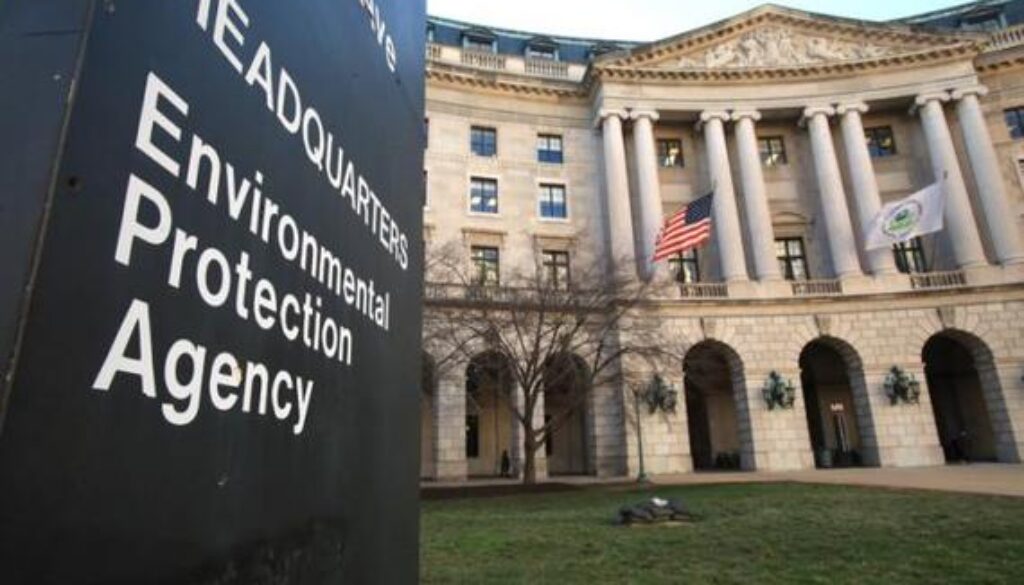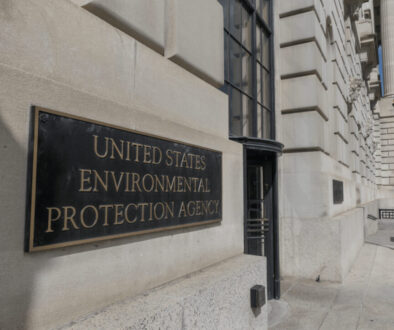New document: Biden requests $11.88 billion budget for EPA with staffing boost
President Joe Biden’s fiscal year 2023 budget request includes hiking the Environmental Protection Agency’s budget to $11.88 billion, and priorities for the funds include upgrading water infrastructure and tackling the “forever chemicals” known as PFAS.
The budget released March 28 also proposes staffing the EPA with 16,204 full-time equivalents (FTEs), which would be an increase of more than 1,900 FTEs over current levels.
“Almost half of the Budget announced today, $5.7 billion, will support Tribes, states, and localities, reaffirming EPA’s commitment to work in concert with our partners and local communities to tackle the climate crisis and ensure that no American family has to worry about the air they breathe, the water they drink, or the environmental safety of their homes and workplaces,” said EPA Administrator Michael Regan in a statement.
The budget includes $4 billion for upgrading wastewater and drinking water infrastructure, $1.1 billion for improving air quality, an additional $100 million in grants for states and tribes to fight the climate crisis, $1.15 billion for the Superfund site cleanup programs and $215 million for the Brownfields polluted site redevelopment programs, $124 million and 449 FTEs to continue implementing the Toxic Substances Control Act reform law, and $126 million to tackle PFAS.
In a press release, the Environmental Working Group welcomed the funding for PFAS but said the agency needs to detail how it will reallocate FY 2022 funding to implement its “Strategic Roadmap” that includes deadlines for tackling the forever chemicals.
“Although the budget request for FY 2023 is good news, the real test of EPA’s commitment is the FY 2022 spend plan,” said EWG’s Senior Vice President for Government Affairs Scott Faber. “Congress passed the buck, so it’s up to Administrator Regan to ensure the EPA meets the deadlines in its roadmap.”
Other administration priorities in the budget request include $215 million for civil enforcement of environmental laws, $69 million for the agency’s criminal enforcement efforts, and creating a specialized criminal task force with a focus on addressing environmental justice.
 EWG
EWG


